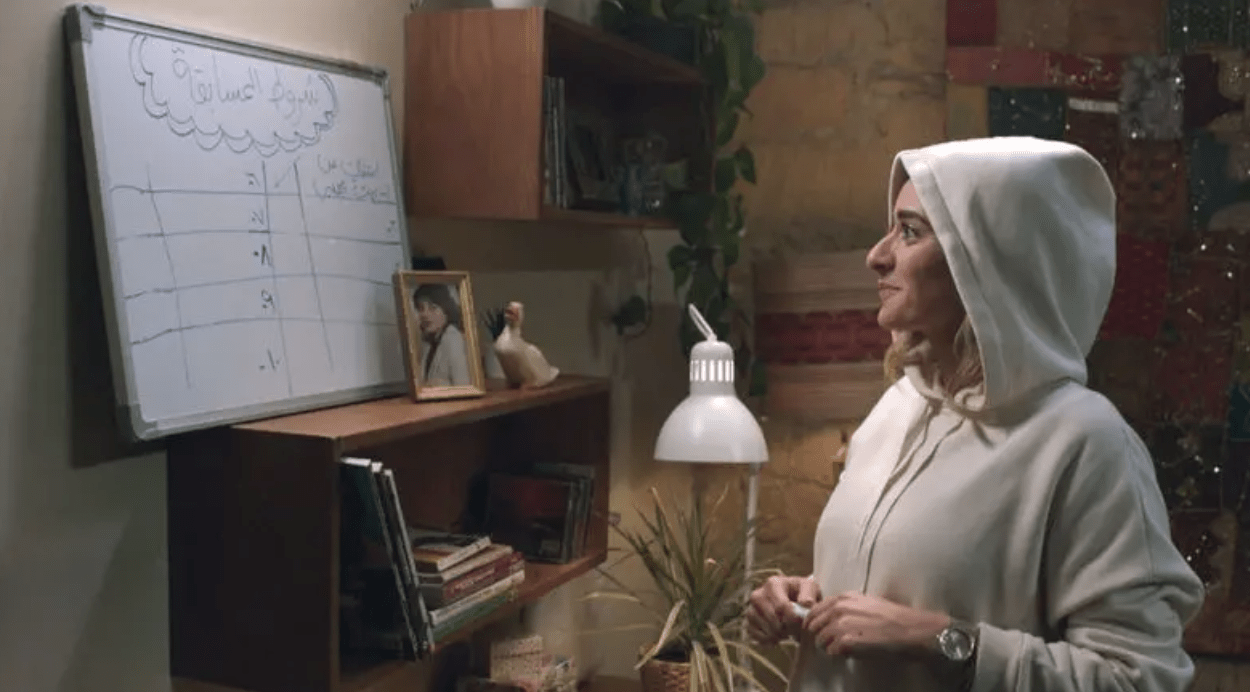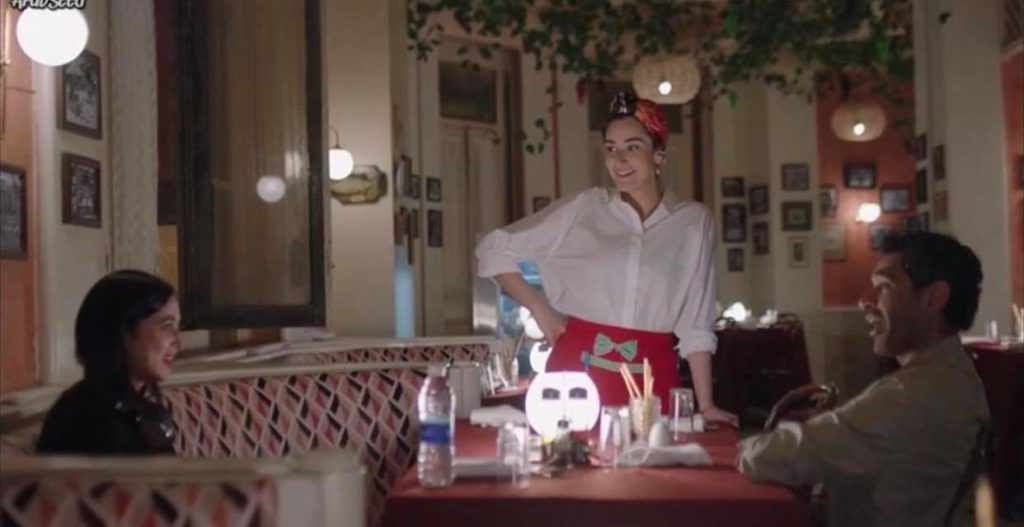Throughout the month of Ramadan, fans have been awaiting the debut of “Leh Laa”, gazing star Amina Khalil’s new TV show. The show’s production was disrupted due to the abrupt circumstances of the novel coronavirus, which resulted in the postponement of the TV show till after Ramadan. Fans all around Egypt were impatiently awaiting the debut of the show, partially due to the paramount free time on their hands, and partially due to the rousing storyline that has fans on their feet.
“Leh Laa” follows the story of a woman living in Egypt named Alia, played by Khalil, and showcases her journey of self-discovery, independence, and emancipation from the controlling life inflicted on her through her family. Throughout her journey, the series, written by Mariam Naoum and directed by Mariam Abou Ouf, projects the obstacles and difficulties that arose as a result of her desire to live an independent life of her own.
Alongside Khalil, “Leh Laa” stars Sherine Reda, Hala Sedki, Hany Adel, Omar Al Saeed, Sherine, Mohsen Mohy El-Din, Abdel Rahman Abou Zahra, and others. But on top of the exceptional acting showcased by the impeccable cast, the 15-episode drama tackles imperative social issues, that vary from the generational gap manifested through technological barriers as well as cultural and ethical “taboo” issues that have been silenced in Egypt for the longest time.
The Subject That Is Often Silenced In Egyptian Culture
Independence for women in Egypt is, up to this day, a peculiarly ‘touchy’ subject that is more than often silenced by the conservative aura Egypt presents. Egypt is a rather traditional society that significantly enables the notion of marginalizing women into motherhood and being housewives, which ultimately creates an imbalanced society and further subordinates women.
Alia seeks an opportunity to foster her independence when a contest on women’s empowerment abroad comes her way through an email. The contest offers Alia a great sum of money at the expense of her following a list of assignments and responsibilities she must undertake. The assignments that have been proposed by the contest sway away from what the traditional Egyptian women are ought to deliver to her society.
 The show, thus, showcases how Alia struggled with her independence when she moved out of her family house as well as the career development obstacles as she was forced into working a service job. The series exemplifies an important topic that is often overlooked in our society, which is the importance of fostering female empowerment.
The show, thus, showcases how Alia struggled with her independence when she moved out of her family house as well as the career development obstacles as she was forced into working a service job. The series exemplifies an important topic that is often overlooked in our society, which is the importance of fostering female empowerment.
According to USAID, Empowering women and integrating them as active participants in the economy is essential to promoting economic growth in Egypt. According to the IMF, raising the female labor force participation rate to the male level, coupled with access to employment opportunities, would increase GDP by approximately 34 percent,” as stated.
From Hobbies To Careers To Work-life
In the series, there is also a focus on the idea that hobbies can often be transformed into steady careers. It all revolves around the idea of putting effort into something and working tirelessly hard to achieve success, which to Alia, was not very apparent from the start.
Even though the series received backlash in light of it promoting ideas that did not “align” with the traditional Egyptian culture, it nonetheless received praise and admiration from many girls for uncovering gaps and differences to their parents. The rise of female leaders and women in the workforce is an ongoing social issue that is slowly and gradually becoming more accepted and promoted in some areas in Egypt. Nonetheless, there is still a long road for the unleashing of “taboo” topics that have been long silenced.

In light of the show as well as the incredible acting, there are varying conclusions that can be stemmed out of the series. Innately, that it is not wrongful to seek independence, whether in a career, a marriage, or moving out. There are high hopes that this series will unlock several barriers that have been perpetuated in light of female subordination and marginalization in Egypt.




























